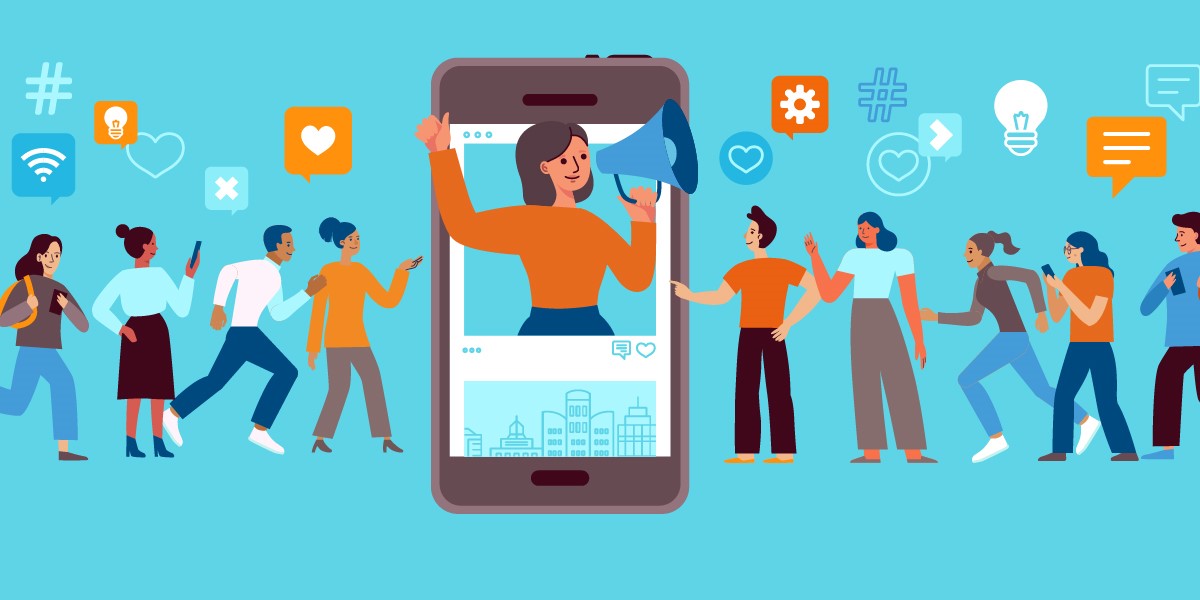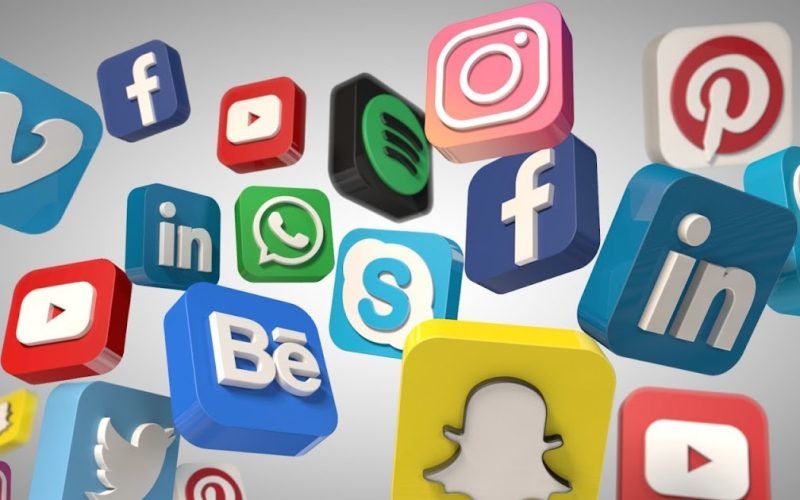In an age where digital connectivity is at its peak, social media has become an integral part of our daily lives. Platforms like Facebook, Twitter, Instagram, and TikTok have revolutionized the way we communicate, share information, and stay connected with the world. One of the most significant and positive outcomes of this digital revolution is the increased awareness and understanding of mental health issues. This article delves into the multifaceted impact of social media on mental health awareness, examining both the benefits and potential drawbacks.
The Role of Social Media in Mental Health Awareness
Information Dissemination
Social media platforms serve as powerful tools for disseminating information about mental health. Organizations, healthcare providers, and influencers use these platforms to share valuable content, including articles, videos, and infographics about mental health conditions, treatments, and coping strategies. This widespread dissemination of information helps to demystify mental health issues, making them more understandable and less stigmatized.
Community Building
One of the most profound impacts of social media on mental health awareness is its ability to create supportive communities. Online support groups and forums provide safe spaces for individuals to share their experiences, seek advice, and offer support to others facing similar challenges. These communities can be particularly beneficial for those who may feel isolated or stigmatized in their offline lives.
Advocacy and Activism
Social media has also become a platform for advocacy and activism in the mental health arena. Campaigns like #BellLetsTalk, #MentalHealthAwarenessMonth, and #WorldMentalHealthDay have garnered global attention, raising awareness and prompting conversations about mental health. These campaigns often involve collaborations between mental health organizations, celebrities, and social media influencers, amplifying their reach and impact.
Accessibility and Reach
The accessibility of social media means that mental health information can reach a broader audience, including those in remote or underserved areas. This democratization of information ensures that more people have access to the resources and support they need, regardless of their geographical location.
The Benefits of Social Media for Mental Health Awareness
Reducing Stigma
Historically, mental health issues have been shrouded in stigma and misunderstanding. Social media has played a crucial role in challenging these stereotypes and normalizing conversations about mental health. By sharing personal stories and experiences, individuals can help to humanize mental health issues, making them more relatable and less taboo.
Early Intervention
Increased awareness and understanding of mental health issues can lead to earlier intervention and treatment. Social media platforms often feature content that encourages individuals to recognize the signs and symptoms of mental health conditions and seek help promptly. Early intervention can significantly improve outcomes for those struggling with mental health issues.
Empowerment and Education
Social media empowers individuals by providing them with the knowledge and resources they need to take control of their mental health. Educational content about coping strategies, self-care practices, and treatment options can help individuals make informed decisions about their mental health care.
Connecting with Professionals
Social media also facilitates connections with mental health professionals. Many therapists, psychologists, and counselors maintain active social media profiles where they share insights and advice. Some even offer virtual consultations, making mental health care more accessible to those who may face barriers to traditional in-person therapy.

The Drawbacks of Social Media on Mental Health Awareness
Misinformation
While social media can be a valuable source of information, it is also rife with misinformation. Unverified or inaccurate content about mental health can spread quickly, potentially causing harm. It is essential for users to critically evaluate the information they encounter and seek out credible sources.
Comparison and Self-Esteem Issues
Social media can contribute to feelings of inadequacy and low self-esteem. The curated nature of social media, where users often present an idealized version of their lives, can lead to unhealthy comparisons. This phenomenon, sometimes referred to as “social media envy,” can exacerbate feelings of depression and anxiety.
Cyberbullying
Cyberbullying is a significant concern on social media platforms. Negative comments, harassment, and online abuse can have severe consequences for mental health. Victims of cyberbullying may experience increased anxiety, depression, and even suicidal thoughts.
Overreliance on Social Media
While social media can provide valuable support and information, overreliance on these platforms can be detrimental. Spending excessive time on social media can lead to feelings of isolation and disconnection from real-world relationships and activities.
Balancing the Benefits and Drawbacks
To maximize the benefits of social media for mental health awareness while mitigating its drawbacks, it is essential to adopt a balanced approach. Here are some strategies to consider:
Promote Digital Literacy
Encouraging digital literacy can help users critically evaluate the information they encounter on social media. Educational initiatives should focus on teaching individuals how to identify credible sources and recognize misinformation.
Foster Positive Online Communities
Creating and maintaining positive online communities can help to counteract the negative aspects of social media. Moderators and community leaders should work to ensure that these spaces remain supportive, inclusive, and free from harassment.
Encourage Healthy Social Media Habits
Promoting healthy social media habits can help individuals avoid the pitfalls of excessive use. Encouraging users to take regular breaks, set boundaries, and engage in offline activities can contribute to better mental health outcomes.
Support Mental Health Education
Continued efforts to educate the public about mental health are crucial. Social media campaigns should be complemented by broader educational initiatives in schools, workplaces, and communities to ensure a comprehensive understanding of mental health issues.
Conclusion
Social media has undoubtedly had a profound impact on mental health awareness. By providing a platform for information dissemination, community building, advocacy, and education, social media has helped to reduce stigma, promote early intervention, and empower individuals to take control of their mental health. However, it is essential to remain mindful of the potential drawbacks, including misinformation, comparison, cyberbullying, and overreliance on social media.
By adopting a balanced approach and promoting digital literacy, positive online communities, healthy social media habits, and comprehensive mental health education, we can harness the power of social media to improve mental health awareness and outcomes for individuals worldwide. As we continue to navigate the digital age, it is crucial to recognize and leverage the potential of social media as a tool for positive change in the realm of mental health.










